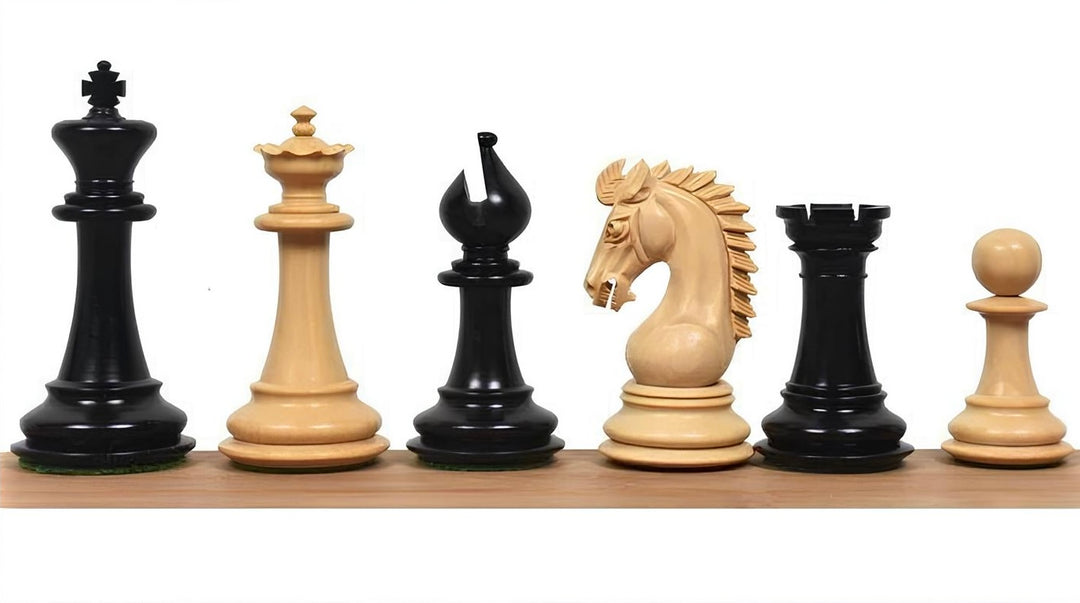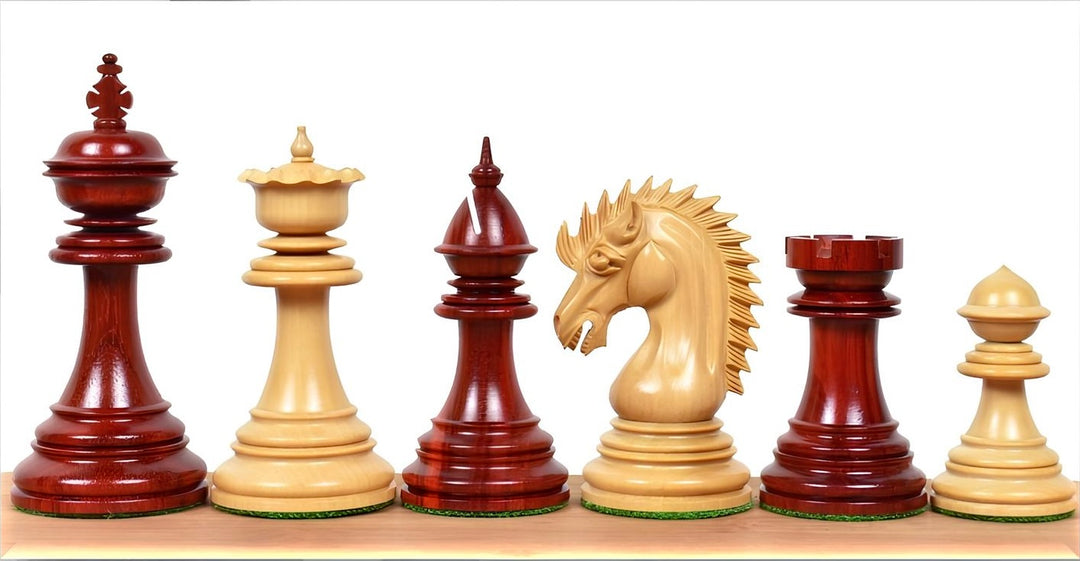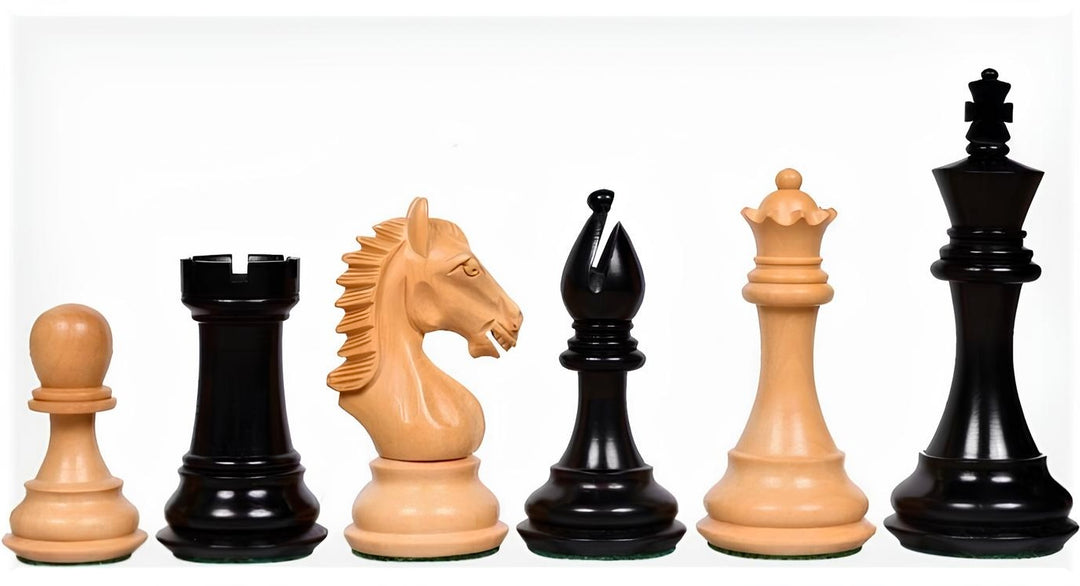Introduction
Chess, an ancient and intellectual board game, has been a part of competitive sports for centuries. As the Olympic Games approach in 2024, several enthusiasts and players are curious about the possibility of chess being included as an Olympic sport. This discussion explores the prospects, challenges, and current status of chess in the context of the Olympic games.
The Status of Chess as an Olympic Sport
As of the most recent updates, chess is not included in the official roster of sports for the 2024 Olympic Games. Chess has been recognized as a sport by the International Olympic Committee (IOC) since 2000, but it has yet to be showcased in the Olympics themselves. While recognized, chess does not appear in the list of medal sports within the quadrennial competition.
Requirements and Advocacy
The World Chess Federation (FIDE), which governs international chess competitions, has been at the forefront of the campaign to include chess in the Olympic Games. FIDE's argument centers around the game's intense mental demands and its universal appeal, noting that it transcends language, age, gender, and physical ability barriers.
For a sport to be included in the Olympics, it generally must be widely practiced around the world, be managed by an internationally recognized governing body, and adhere to the Olympic Charter regarding drug testing and nondiscrimination. Chess meets many of these requirements, yet hurdles remain. One of the significant challenges is fitting a traditionally slow-paced and lengthy game into the fast-paced and schedule-constrained environment of the Olympics.
Chess and the Olympics: Historical and Proposed Formats
Historically, proposals have suggested adapting chess formats to be more Olympic friendly. Blitz and rapid chess formats, which significantly speed up the game, have been considered as possible solutions. These formats not only make games quicker and more dynamic but also more spectator-friendly, a key aspect for Olympic broadcasts.
Arguments For and Against Chess in the Olympics
Advocates for Inclusion
Proponents of including chess argue that it exemplifies the Olympic spirit through its blend of strategy, competitive intensity, and international appeal. They also point out that including chess would acknowledge the mental exertion and skill required to compete at the highest level, drawing parallels with other mind-centered games already included in the Olympics, such as bridge in the Asian Games.
Opposition to Inclusion
Opponents argue that chess, while undeniably skillful, lacks the physical athleticism that characterizes many Olympic sports. They also cite logistical issues, such as the difficulty in broadcasting lengthy chess matches in an engaging way for widespread audiences unfamiliar with the sport's finer points.
Recent Developments and Future Outlook
As of recent discussions and IOC conferences, there has been no definitive move to include chess in the 2024 Olympics. However, the possibility remains open for future Olympic games, especially as digital and virtual competitions have started gaining recognition within the Olympic movement, as evidenced by the inclusion of e-sports in various capacities.
Impact of E-Sports and Digital Games
The rising popularity of e-sports and the inclusion of digital games in Olympic-affiliated events may bolster the case for chess's inclusion by highlighting the public and commercial interest in mind sports. The success of these events could potentially pave the way for chess and other non-traditional sports in future editions of the Olympics.
Conclusion
While chess is not part of the 2024 Olympic Games, the debate over its inclusion continues. Depending on how mind sports and digital competitions evolve in the Olympic program, chess might find its way onto the Olympic stage. Until then, chess enthusiasts can enjoy the game in numerous international competitions, including the Chess Olympiad, which remains a pivotal event in the chess calendar.
Explore our large collection of luxurious chess sets!


























































Leave a comment